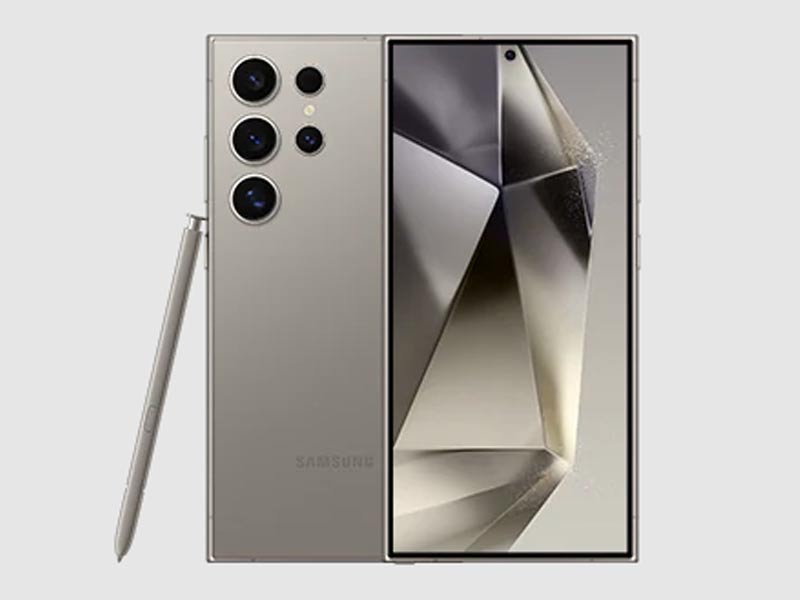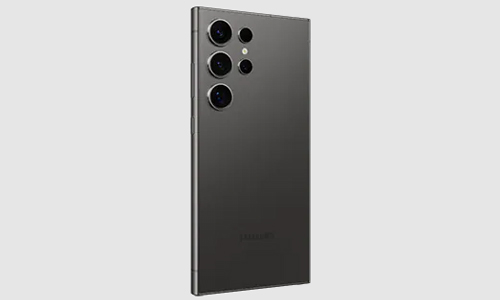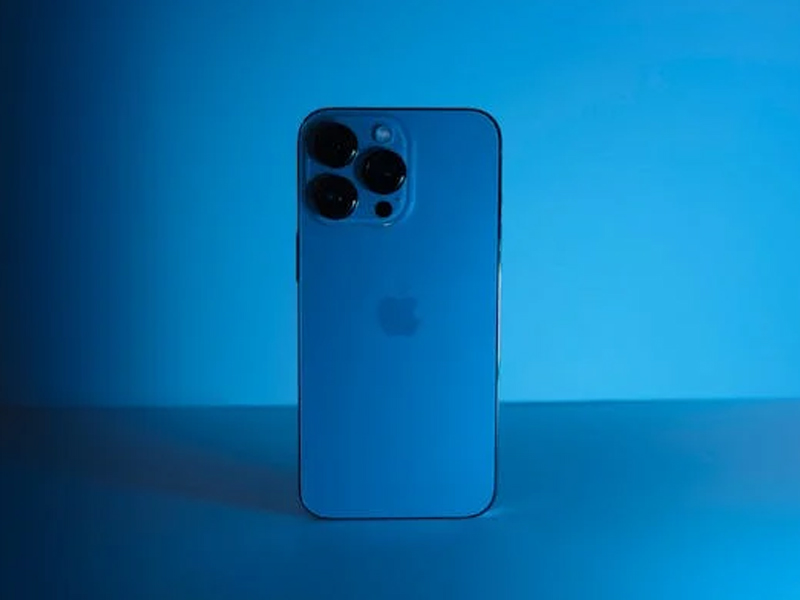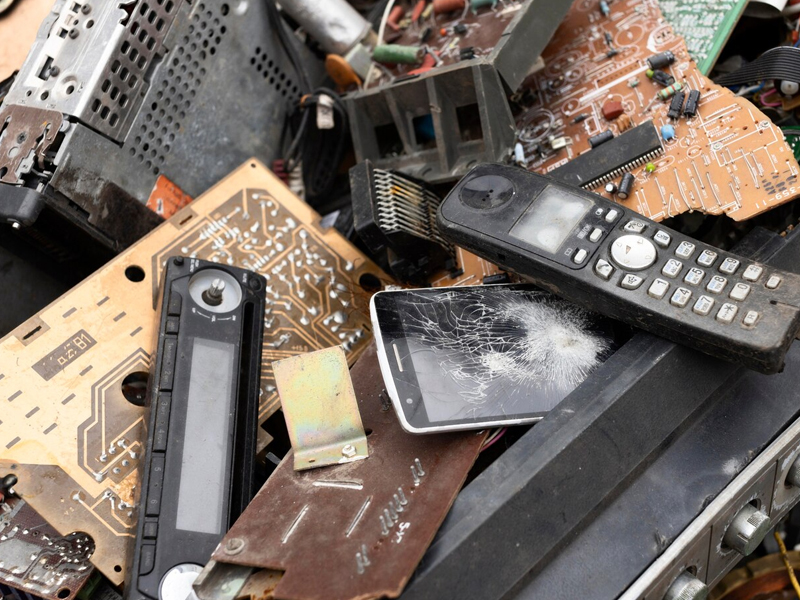Titanium Tough: Is the Samsung Galaxy S24 Ultra the King of Durable Mobiles?

Tech Gadgets
Titanium: A Metal Built for Strength
Titanium isn’t new to the tech world. It’s found in high-performance laptops, aerospace components, and even medical implants. Renowned for its strength-to-weight ratio, corrosion resistance, and biocompatibility, it possesses qualities that traditional phone materials like aluminum and plastic simply can’t match.The S24 Ultra’s Titanium Advantage
Drop-Proof Prowess
Forget screen spiderwebs. The S24 Ultra’s titanium frame promises significantly enhanced drop resistance. Independent tests like those conducted by CNET showcase impressive resilience, even from multi-story drops.Scratch and Scuff Immunity
Say goodbye to unsightly scratches. Titanium’s superior scratch resistance ensures your phone maintains its pristine look longer, even with everyday wear and tear.Lightweight Champion
Despite its strength, titanium is remarkably lightweight. This translates to a comfortable handheld experience, especially for extended use.Heat Dissipation Hero
Titanium effectively disperses heat, preventing overheating during demanding tasks like gaming or video editing, thus enhancing performance and battery life.Beyond the S24 Ultra: The Titanium Phone Landscape

But Is Titanium the Undisputed King?
While titanium shines in many aspects, it’s not without its drawbacks. Its premium nature translates to a higher price tag, making titanium phones less accessible to budget-conscious buyers. Additionally, the metal’s radio-wave interference properties might necessitate design tweaks to ensure optimal signal reception.The Future of Mobile Toughness: Beyond Titanium
While titanium is exciting, innovation doesn’t stop there. Self-healing polymers and liquid metal alloys are being explored for their potential to revolutionize phone resilience. Additionally, modular designs with easily replaceable components could offer a more sustainable approach to mobile durability. The use of titanium in smartphones is still in its early stages, but it has the potential to revolutionize the industry. As titanium becomes more affordable and more manufacturers start using it, we can expect to see even more titanium phones on the market in the years to come.The Verdict: A Promising Future, But Not Without Challenges
The Samsung Galaxy S24 Ultra’s titanium frame marks a significant step forward in smartphone durability. Its impressive toughness, coupled with the growing adoption of titanium by other manufacturers, paints a promising picture for the future of rugged phones. However, the higher price tag and potential signal interference remain hurdles to overcome.The Final verdict?
If you prioritize durability and are willing to splurge, the S24 Ultra is a strong contender. But for budget-conscious buyers or those who prioritize signal strength, alternative materials might still be viable options. The road ahead for mobile toughness is paved with promising advancements. Titanium might be leading the charge today, but the future holds even more exciting possibilities for phones that can truly withstand the bumps and bruises of life. In conclusion, titanium has the potential to be the next big thing in phone construction. It offers a number of advantages over traditional materials, such as increased durability, lighter weight, and improved heat dissipation. If you are looking for a phone that is built to last and looks and feels great, then a titanium phone may be the right choice for you.Frequently Asked Questions?

01
Mobile Technology
iPhone Repair Just Got Easier: No More Disabling Find My Before Service
May 4, 2024

01
Tech news
Tech for a Greener You: Apps to Empower Your Sustainable Lifestyle
May 3, 2024

01
Internet of Things
Tesla’s Robotaxi: A Driverless Future on the Autobahn (or Freeway)?
May 2, 2024

01
Tech Gadgets
Don’t Trash Your Tech! Combating E-waste & Embracing Responsible Gadget Disposal
Apr 30, 2024
SUSBSCRIBE TO OUR NEWSLETTER
Join our subscribers list to get the latest news and special offers.
iPhone Repair Just Got Easier: No More Disabling Find My Before Service
Tech for a Greener You: Apps to Empower Your Sustainable Lifestyle
Tesla’s Robotaxi: A Driverless Future on the Autobahn (or Freeway)?
Meta Llama 3: Jack of All Trades, Master of None (But Still Free!)